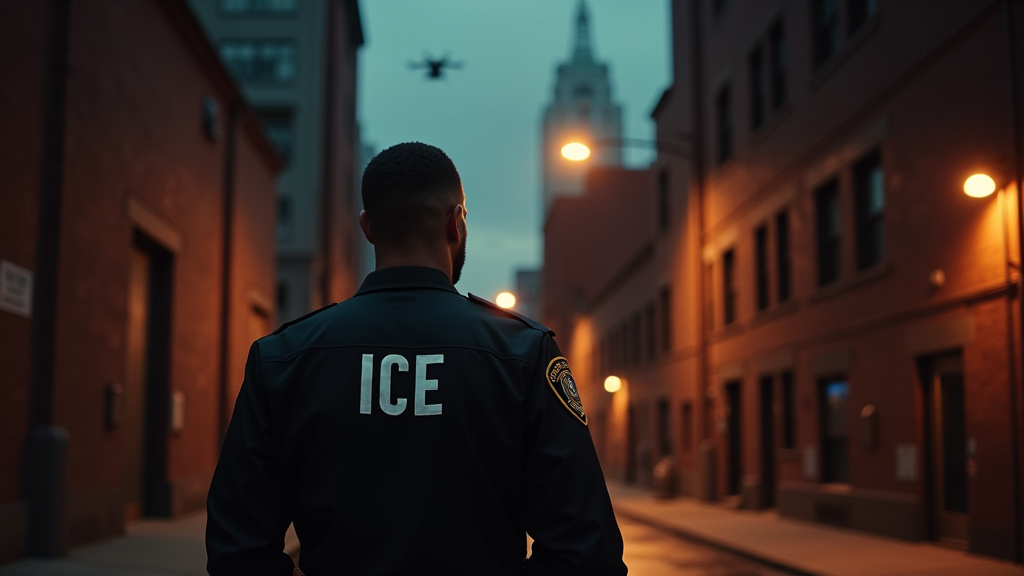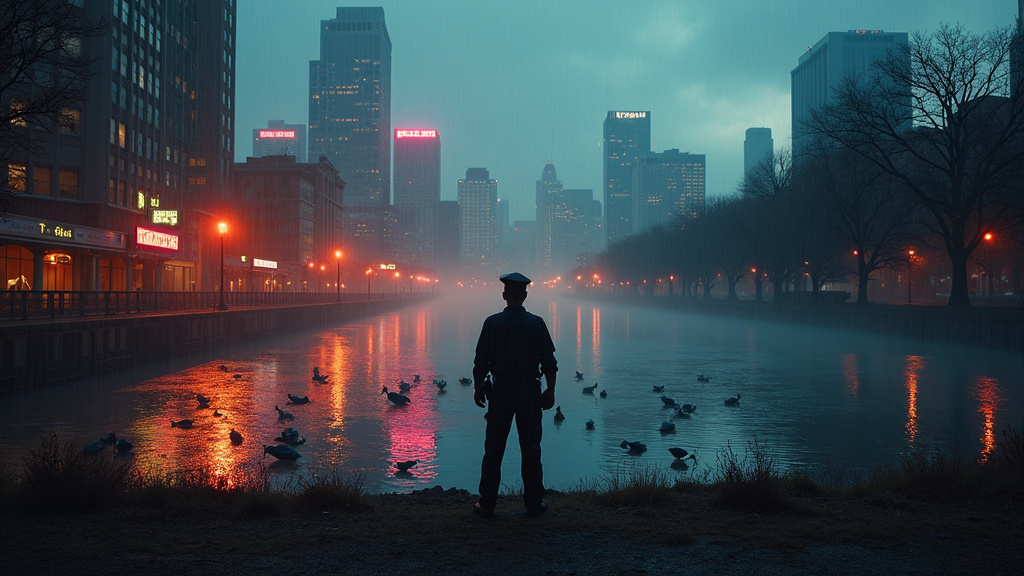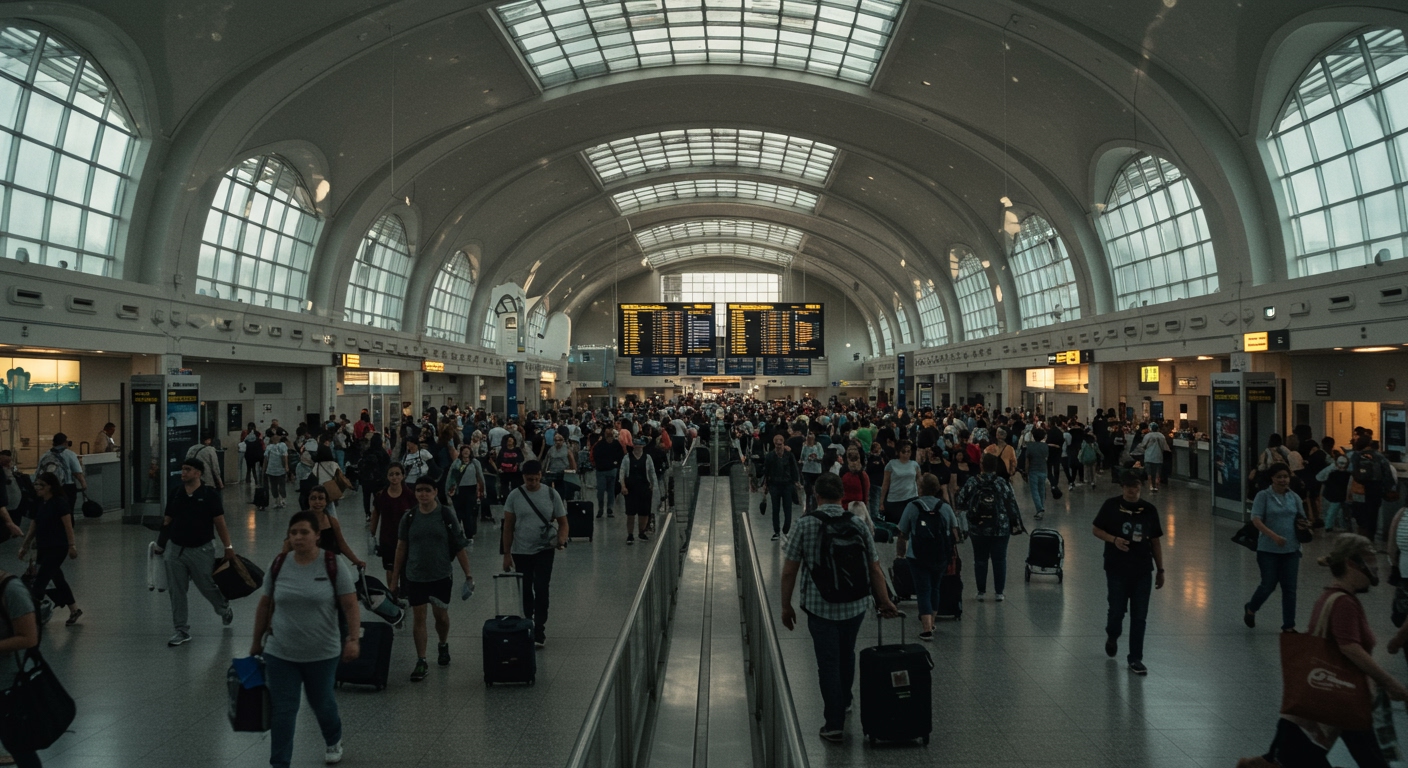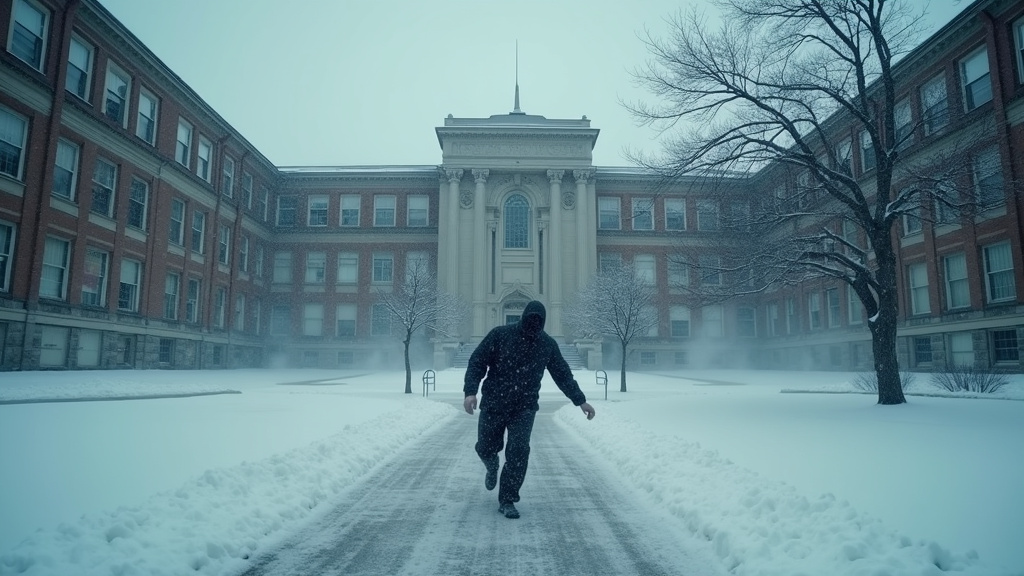CHICAGO – The Trump administration is advancing plans for a significant immigration enforcement operation in Chicago, sparking a heated confrontation with local and state officials. President Donald Trump has issued stern warnings to Illinois Governor J.B. Pritzker regarding Chicago’s crime rates, threatening federal intervention, while Chicago Mayor Brandon Johnson has responded by signing an executive order designed to shield the city’s residents from federal actions.
This escalating tension highlights a recurring battle between federal immigration enforcement priorities and the sanctuary city policies adopted by Chicago and the state of Illinois. The planned operation, reportedly set to begin as early as September 5th and last approximately 30 days, signals a broad effort by the administration to increase federal law enforcement presence in major Democratic-run cities, mirroring tactics previously employed in Los Angeles.
Federal Enforcement Surge Planned for Chicago
Sources within the Department of Homeland Security (DHS) confirmed that the administration is preparing to expand immigration arrest operations in Chicago. These plans involve deploying federal agents from agencies including U.S. Immigration and Customs Enforcement (ICE) and Customs and Border Protection (CBP). The Department of Homeland Security has also requested logistical support from Naval Station Great Lakes, a military base located north of the city, to facilitate these anticipated operations. DHS Secretary Kristi Noem stated that more resources would be added to ongoing ICE operations in Chicago, confirming an increased presence of federal agents.
The operation is described as distinct from any potential deployment of the National Guard for crime fighting, focusing specifically on immigration enforcement. This strategy has been met with strong opposition from city and state leaders, who argue it is an overreach of federal authority and designed to provoke rather than solve problems.
Chicago Mayor Johnson’s Executive Order: A Stance Against Federal Overreach
In a decisive move to counter the federal government’s plans, Mayor Brandon Johnson signed an executive order, dubbed the “Protecting Chicago Initiative.” This order explicitly prohibits the Chicago Police Department from collaborating with federal authorities on civil immigration enforcement, including patrols, traffic stops, and checkpoints. The directive also mandates that city departments guard residents’ constitutional rights amidst the possibility of federal deployments.
Furthermore, Johnson’s order calls for federal agents operating in Chicago to wear clear identification, badges, or body cameras, and prohibits Chicago police from wearing masks that conceal their identities. Mayor Johnson stated, “This executive order makes it emphatically clear that this president is not going to come in and deputize our police department.” He added that he does not take orders from the federal government and that such federal action “will only cause chaos and fear in our communities.”
Governor Pritzker Denounces Plan as “Invasion”
Governor J.B. Pritzker has been an equally vocal critic of the administration’s plans. He has characterized any potential deployment of federal troops or the National Guard to Chicago as an “invasion,” warning that President Trump’s motives may extend beyond crime reduction to political interference.
“Any kind of troops on the streets of an American city don’t belong unless there is an insurrection, unless there is truly an emergency. There is not,” Pritzker stated, emphasizing his commitment to preventing the federal government from infringing on citizens’ rights. He suggested that Trump’s actions could be aimed at disrupting elections, stating, “should voters understand that he has other aims, other than fighting crime.”
The Sanctuary City Standoff: A History of Federal-Local Conflict
Chicago and the state of Illinois have long-standing policies that limit cooperation between local law enforcement and federal immigration enforcement, earning them the designation of “sanctuary” jurisdictions. This stance has frequently placed them at odds with the Trump administration’s broader agenda of mass deportations.
Previously, the Trump administration had attempted to withhold federal funding from cities with such policies, leading to legal challenges. Federal judges have, in several instances, blocked these funding cuts, ruling that the administration could not deny funds based on a jurisdiction’s sanctuary status. These legal battles underscore the deep-seated conflict over federal authority versus local control in immigration enforcement.
President Trump’s Warnings and the Escalating Rhetoric
President Trump himself has publicly criticized Chicago’s crime situation, often referring to the city as a “war zone” or “hellhole.” He directly addressed Governor Pritzker on social media, warning, “JB Pritzker, the weak and pathetic Governor of Illinois, just said that he doesn’t need help in preventing CRIME. He is CRAZY!!! He better straighten it out, FAST, or we’re coming!” This rhetoric intensifies the political confrontation, framing the federal actions as a necessary intervention against perceived local mismanagement.
The clash in Chicago represents a critical moment in the ongoing debate over immigration policy, federal authority, and the rights of immigrant communities. As the situation unfolds, the city and state leaders remain steadfast in their opposition, prepared to challenge any federal actions that they deem overreaching or unconstitutional. This NEWS story captures a TOP development in national politics, with potential to go VIRAL due to the high stakes and prominent figures involved.














